Why is Qatar at the center of the Gulf diplomatic crisis?
The diplomatic crisis, in which Saudi Arabia and its Gulf allies have collectively isolated Qatar, stems from accusations that the small gas-rich country sponsors terrorist groups aimed at destabilizing the region.
This is not the first time Qatar's neighbors have expressed displeasure with the country's independent foreign policy. In 2014, they severed diplomatic relations with Qatar for nine months.
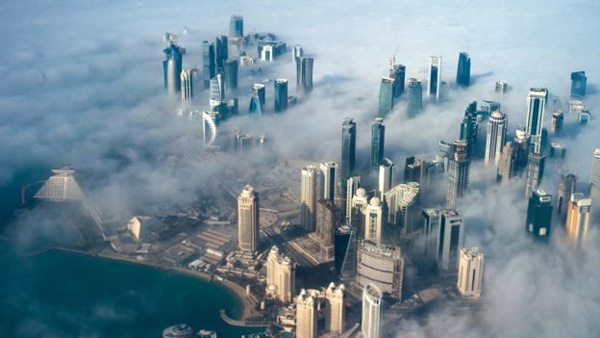 |
Isolated by its neighbors, Qatar faces the risk of food shortages. (Photo: EPA) |
Funding terrorism?
According to the BBC, the current tensions stem from Qatar's support for the Muslim Brotherhood; its close ties with groups such as the Taliban and some branches of al-Qaeda; and its relationship with Iran - which has recently led to Riyadh's accusations that Qatar's state-run Al Jazeera news agency supports Houthi rebels in Yemen who are fighting government forces backed by Saudi Arabia and the UAE.
Doha strongly denies Riyadh's accusations, insisting it has adopted much tougher anti-terrorism measures than some of its neighbours.
However, the latest controversy also sheds light on Qatar's role in spending its vast wealth.
In April, Qatar reportedly paid ransoms of up to $1 billion to a former al-Qaeda member in Syria and to Iranian security officials in exchange for the release of 26 members of the royal family kidnapped by Iran-backed Iraqi Shiite rebels and dozens of Shiite fighters held by jihadists in Syria.
The "suspicion" that Qatar continues to pour money into separatism and extremist ideology is the main concern of this crisis.
"There is still a way"
Since 9/11, the US-led effort to eradicate terrorist financing has intensified. A series of UN Security Council resolutions and regulations have been passed; many entities and individuals have been sanctioned and shut down.
However, the commitment of some countries, including Qatar, has been repeatedly questioned.
In 2014, the US Treasury Undersecretary for Financial Intelligence and Terrorism David Cohen specifically stated: "Qatar, a long-time US ally, has for many years openly poured money into Hamas, an organization that continues to destabilize the region. Media reports show that the Qatari government is also supporting extremist groups operating in Syria."
David Cohen also drew attention to the "permissive" environment in Qatar that helps fundraisers for terrorist groups such as al-Qaeda and the self-proclaimed Islamic State (IS).
In 2016, Mr Cohen's successor at the US Treasury, Adam Szubin, also said that, despite demonstrating a willingness to act against terrorist financing, Qatar was "in the right place" and did not have "the capacity and political will necessary to effectively enforce its anti-terrorism finance laws against all terrorist financial threats".
In response to this, the US has sanctioned several Qatari citizens for funding terrorism.
Relations with Iran
There is another factor that has contributed to the heightened diplomatic tensions in the Gulf: the relationship between Qatar and Iran.
Qatar is the world’s second-largest natural gas exporter after Russia. It shares gas operations with Iran in the Gulf – one of the many ties that bind them. Qatar’s gas fields are located in the southern part of the Gulf, while Iran’s are in the north.
The US President's decision to leave the Paris Climate Agreement and signal that he will withdraw from the P5+1 agreement (Iran Nuclear Deal) has put Qatar in a difficult political situation.
Most Gulf states' main source of income is oil and gas. Gas is a preferred source of income in the future, putting Qatar and Iran in a different position from the members of the GCC, or Gulf Cooperation Council.
Qatar and Iran stand to benefit more from the future dominance of the gas economy. So Qatar and the rest of the Gulf will differ on many policies, including support for President Trump’s decisions.
Saudi Arabia has had a strong influence on the GCC since its inception, partly because of its foreign relations position.
Over time, Qatar has pursued independent foreign relations that have displeased some GCC countries. Among them was the establishment of Al Jazeera in 1996. Qatar's establishment and continued funding of Al Jazeera has caused political tensions within the GCC as the news agency is seen as an extension of Qatar's efforts to destabilize the region.
According to Vietnamnet.vn
| RELATED NEWS |
|---|


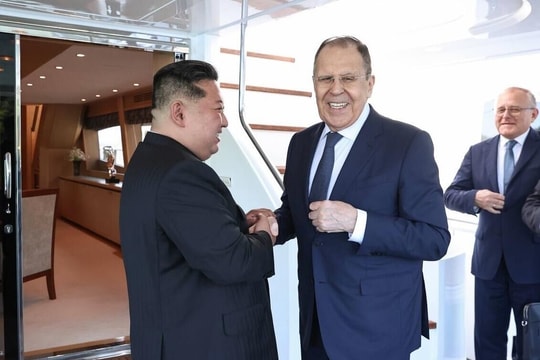
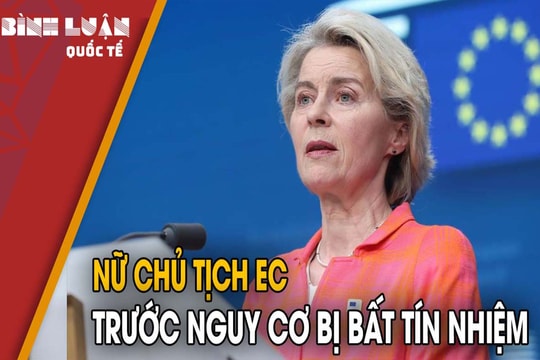

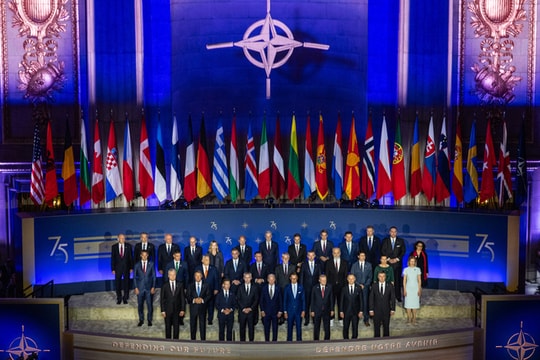
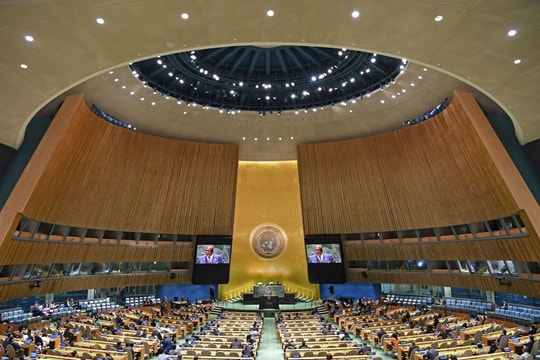
.png)
